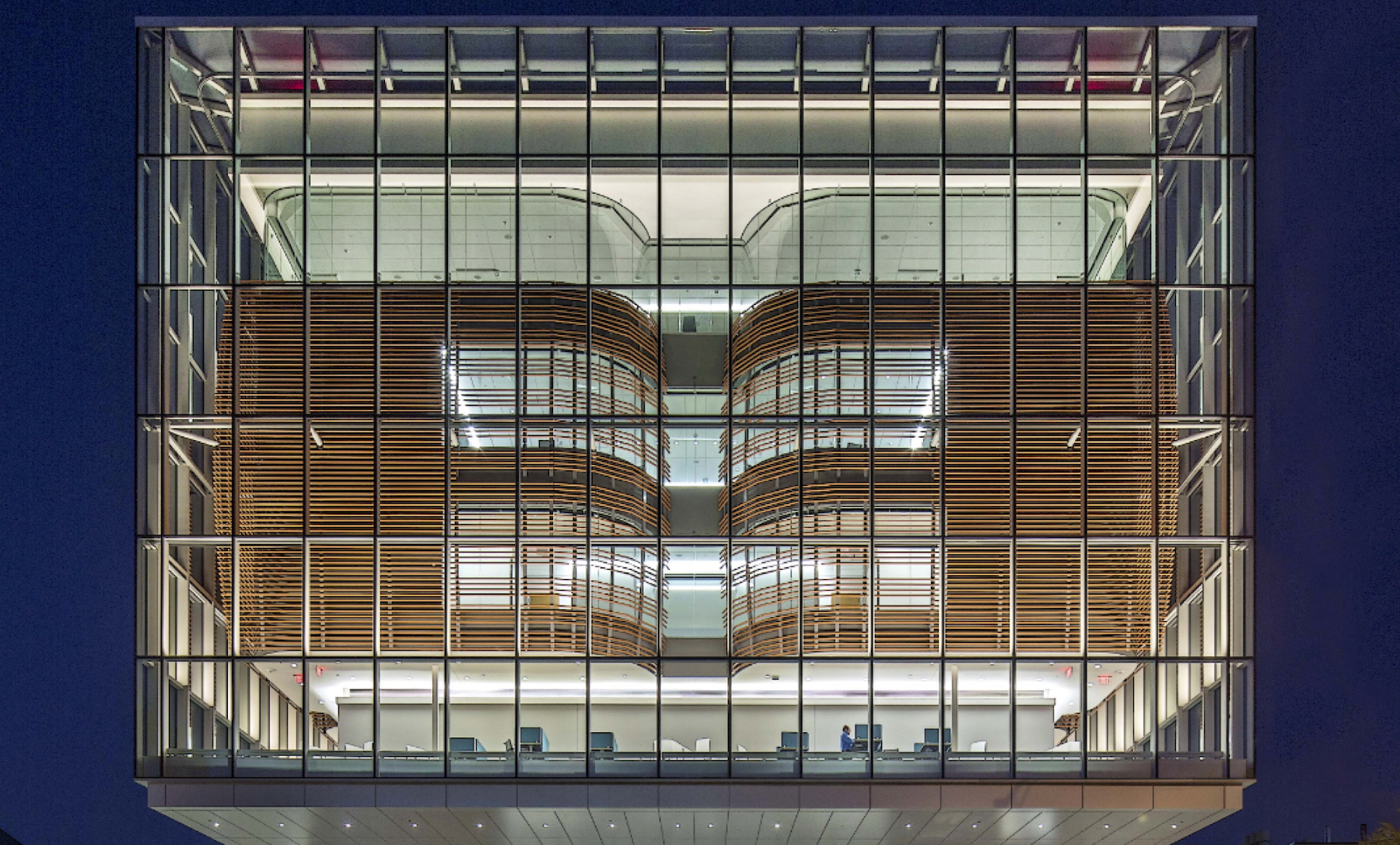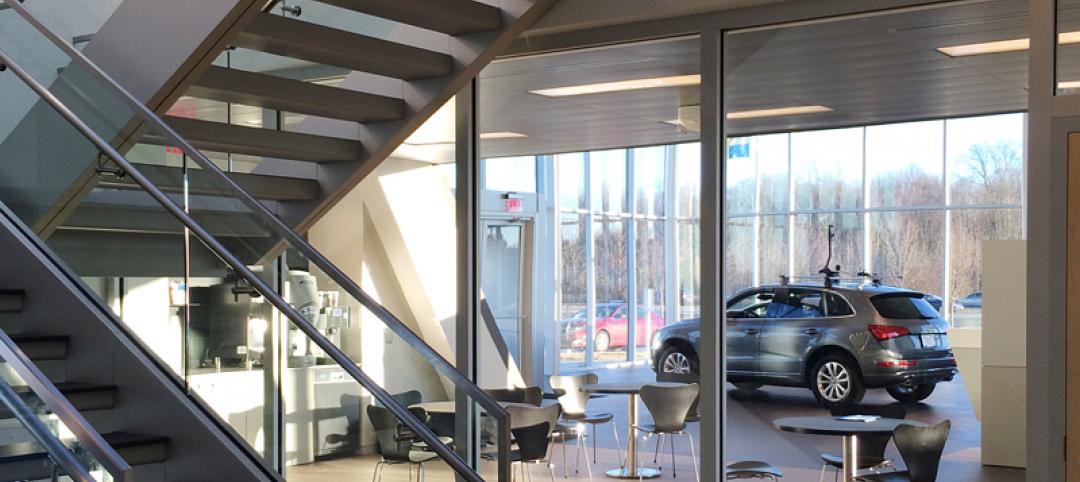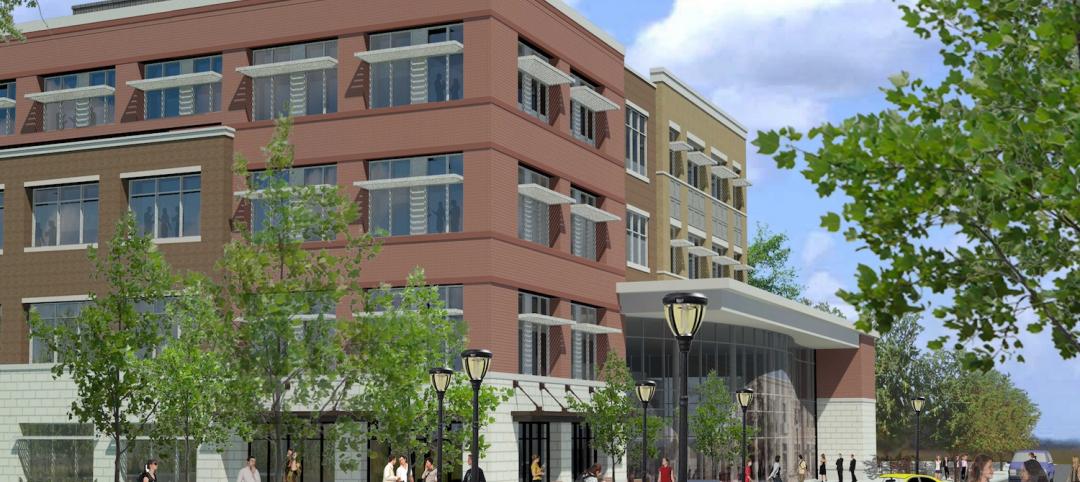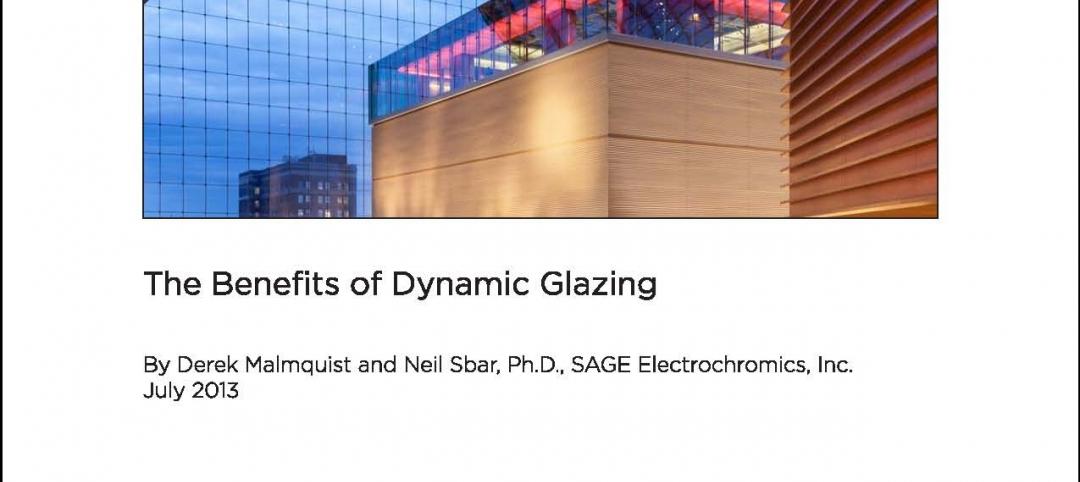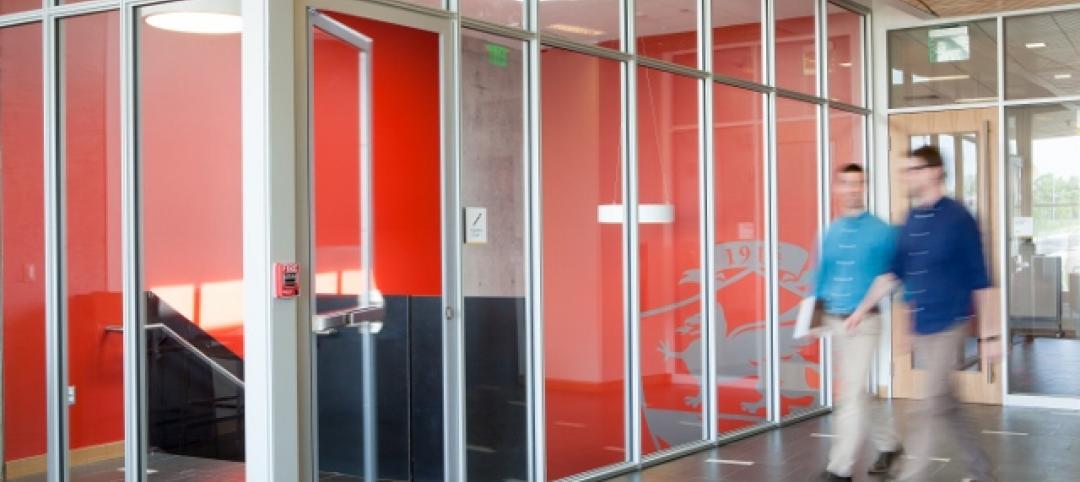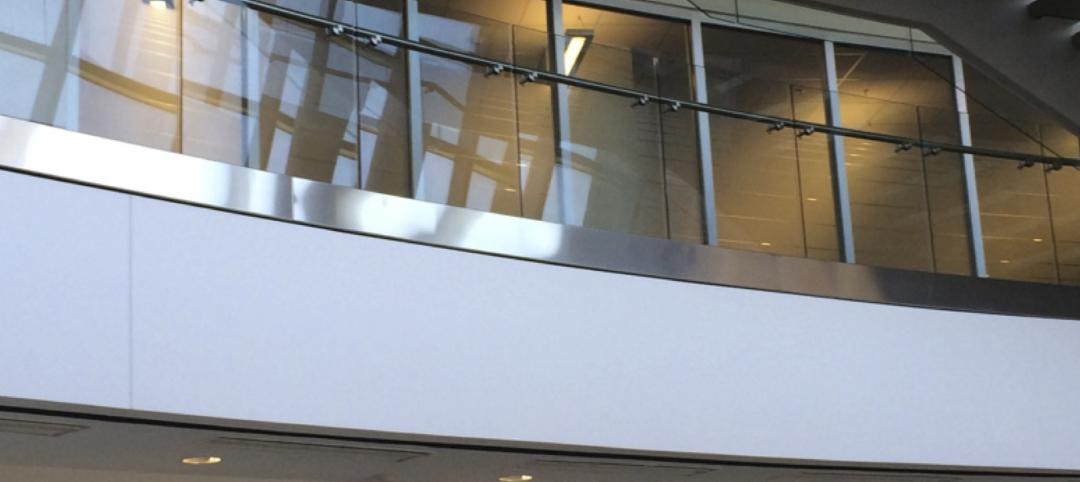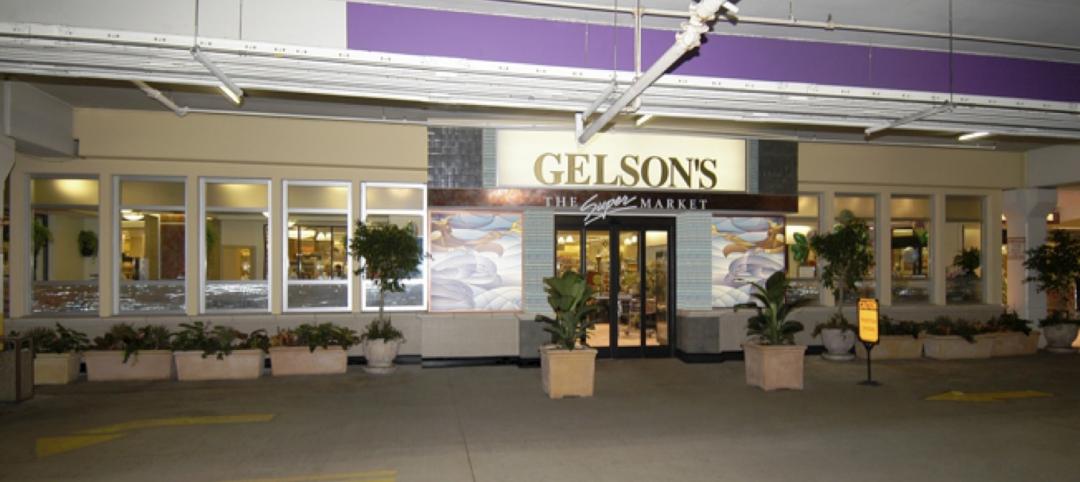Clear glass is extremely common and is popular for a variety of architectural design applications, including vision glass, spandrel glass, storefronts, entryways and other exterior uses. It is specified repeatedly due to its versatility and ability to serve as a substrate for solar control, low-emissivity (low-E) coatings. In addition to its compatibility with low-E coatings, clear glass—sometimes referred to as “clear float glass, “conventional clear glass” or “standard clear glass”—is also relatively inexpensive and is frequently selected for its neutral color.
However, when specifying glass to achieve a desired aesthetic, design professionals know that clear glass isn’t completely clear. When viewing a lite of clear glass, you may notice its slight green aesthetic, which becomes more pronounced when viewed from an angle and appears even darker at increased thicknesses or when used with low-E coatings. This can compromise design intent, especially if the goal is to create a highly transparent façade or well-lit spaces with brilliant views of the outdoors.
Iron oxide content within the glass, left over from the manufacturing process, gives clear glass its green aesthetic. Experienced design professionals are all too familiar with this undesirable attribute. However, new innovations are addressing this design challenge from both an aesthetic and budget perspective.
Low Iron and High Performance
The right glass can be the centerpiece of an amazing design concept. With its low iron content, low-iron glass significantly reduces the green hue found in clear glasses, making it ideal for distinctive exterior applications where excellent clarity is required. For reference, Acuity™ low-iron glass by Vitro Architectural Glass is 60 percent less green than ordinary clear glass.
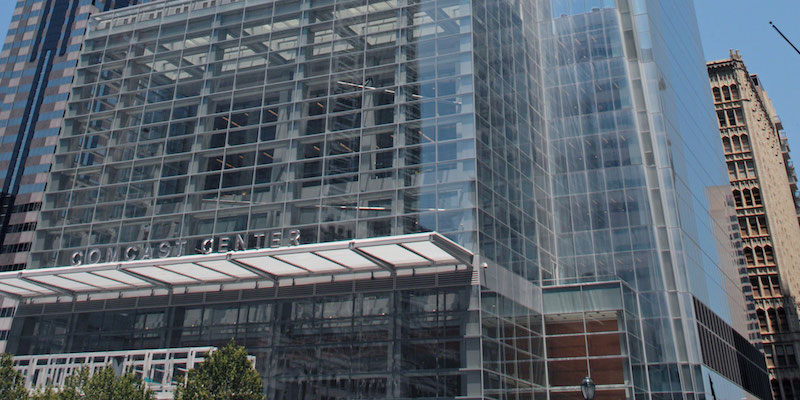
Low-iron glasses are also ideal substrates for low-E coatings, complementing the heightened clarity with outstanding energy performance. This combination allows designers to create highly transparent, high-performance exterior façades with brilliant interior views, high visible light transmittance (VLT) and true-to-life views of the outdoors.
A low-E, low-iron insulating glass unit (IGU) typically consists of an exterior lite of low-iron glass with a low-E coating applied to the interior surface and an exterior lite of uncoated low-iron glass. This configuration can be specified for everyday applications, such as office buildings and institutions, hotels, schools, condominiums and mixed-use buildings, as well as entrances and retail storefronts. Low-E, low-iron IGUs also can be leveraged for distinctive daylighting applications, such as atriums and skylights.
Cost Considerations
Fabricated glass costs are an important consideration in the façade design process. Market research indicates the installed cost of a standard glass and metal curtainwall averages $90 per square foot nationally. While the prospect of upgrading from coated clear glass to coated low-iron glass may raise budget concerns by some project stakeholders, new advances by glass manufacturers have helped bring transparent, high-performance façades within reach.
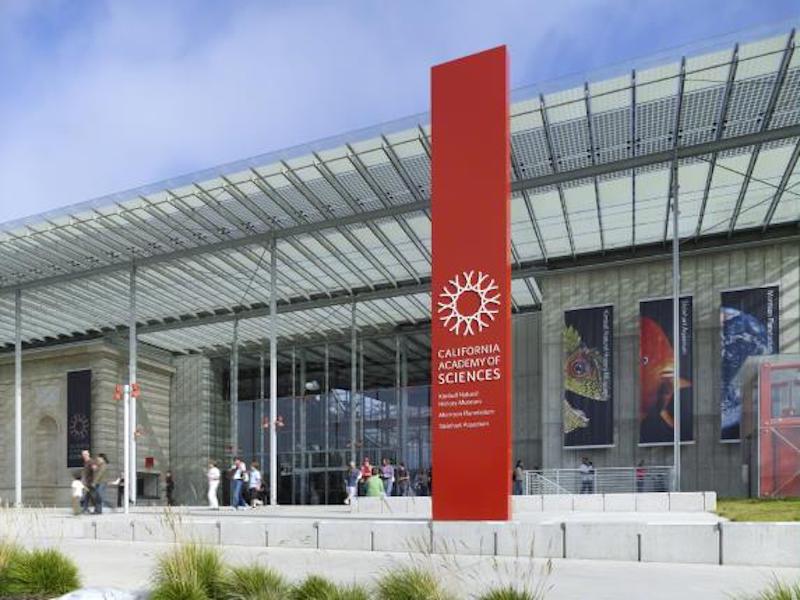
For example, upgrading a low-E-coated clear insulating glass unit to an IGU with Solarban®Acuity™ glass by Vitro Architectural Glass typically will increase the total installed curtainwall cost by only $1 to $2 per square foot. This optimization of cost, clarity and performance allows design professionals to make low-iron glass an integral focus of their façade designs.
Commercial building design is often an exercise in balance—between performance and aesthetics and budget and quality. Fortunately, options are available today that allow design professionals to avoid compromise and retain their original design intent.
Get less green, for less green
Request samples of Solarban®Acuity™ glass at vitroglazings.com/acuity. Choose from two customizable sample kits to assist with product evaluation.
Related Stories
Cultural Facilities | Jul 16, 2015
Louisville group plans to build world's largest disco ball
The sphere would more than double the size of the current record holder.
Glass and Glazing | Jun 4, 2015
Construction of record breaking glass-bottom bridge nearly complete in China
Designed by Israeli architect Haim Dotan, the white bridge is meant to look as if it is “disappearing into the clouds.”
Glass and Glazing | Mar 15, 2015
Building tech breakthrough: Vacuum insulated panels keep University of Alaska students cozy in sub-zero temps
In a first-of-its-kind curtain wall installation, triple-pane VIP glass panels provide an astonishing R-40 insulation value at the university's new student union in Fairbanks.
Sponsored | Fire-Rated Products | Feb 12, 2015
State of the fire rated glazing industry
Many years have passed since my days as the “Wired Warrior,” writes SAFTI FIRST's Bill O'Keeffe. Every year at this time I reflect on just how far the fire-rated glazing industry has come.
Sponsored | | Jan 27, 2015
High-performance insulation brings design freedom, energy efficiency to urban redevelopment project
When developers of Uptown Bay City (Bay City, Mich.) began transforming the former industrial site into a mixed-use, self-sustaining riverfront community, they faced a design challenge. How could they incorporate greater expanses of glass to maximize views of the waterfront without the trade-off in energy efficiency?
Sponsored | | Dec 30, 2014
First-class glass: Designing for fire safety in schools
As more students enter the school system each year, designing for fire safety in educational facilities has never been more critical. Fire-rated glazing can be a key part of the solution.
Sponsored | | Dec 11, 2014
Fire rated glass contributes to Salt Lake City Public Safety Building’s sustainable and resilient design goals
One of the most exciting new buildings to open its doors this year is the Salt Lake City Public Safety Building Salt Lake City, Utah. This $125 million, 335,000-sf facility blends sustainability and resiliency under one roof. SPONSORED CONTENT
Sponsored | Fire-Rated Products | Dec 11, 2014
Fire rated glazing provides visual appeal and safety to garages
When it comes to designing parking garages, providing vision and transparency might not be the priority due to fire rated code requirements – but keen architects with grand visions see opportunities rather than restrictions, thanks to the advances in fire rated glass and framing technology.


